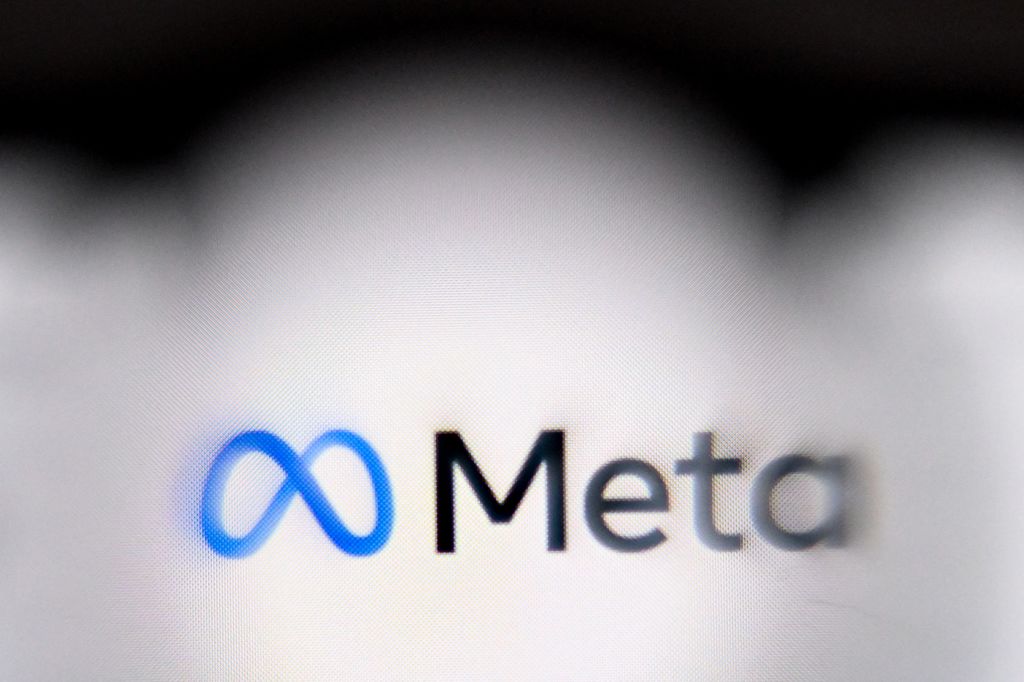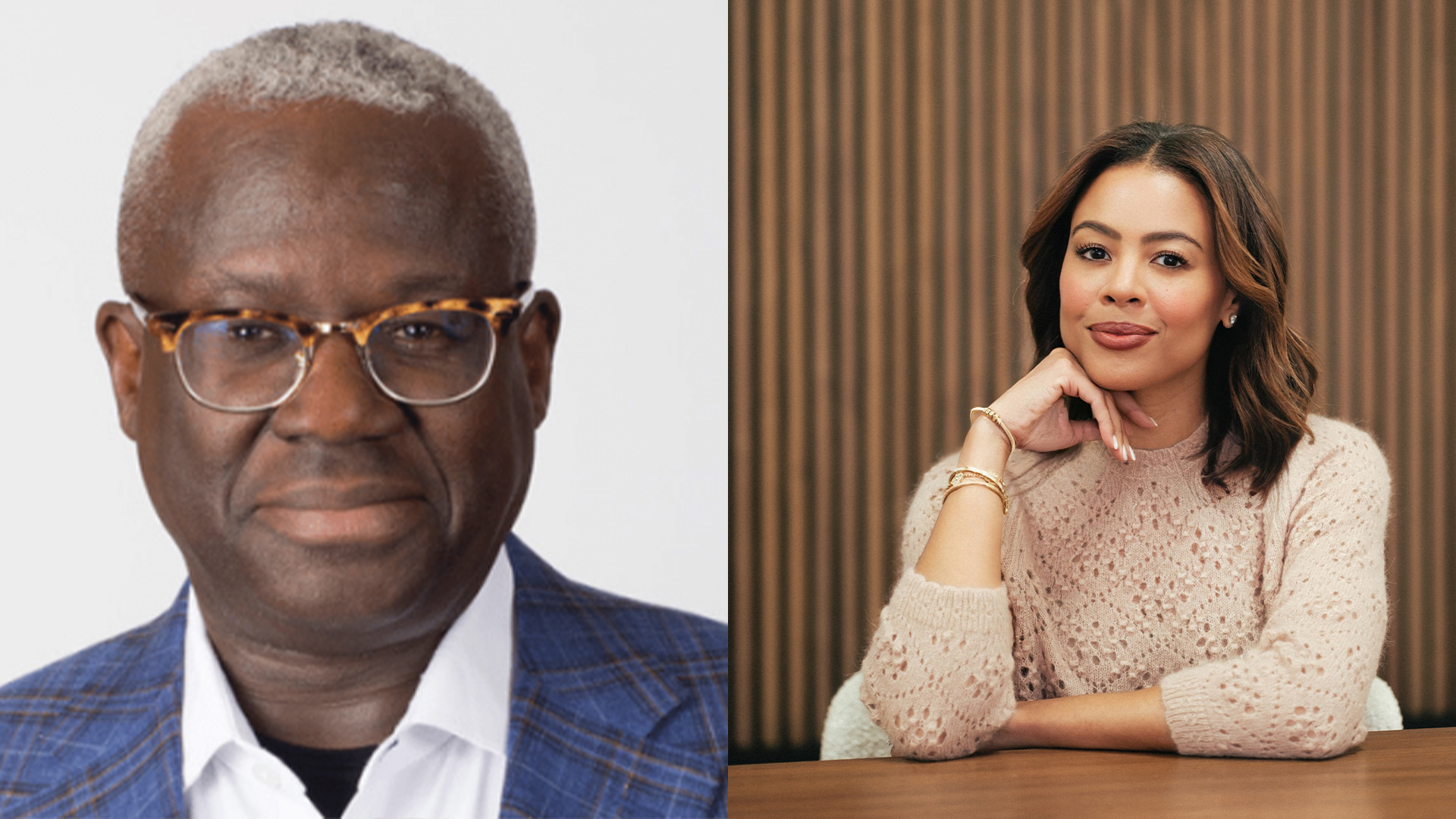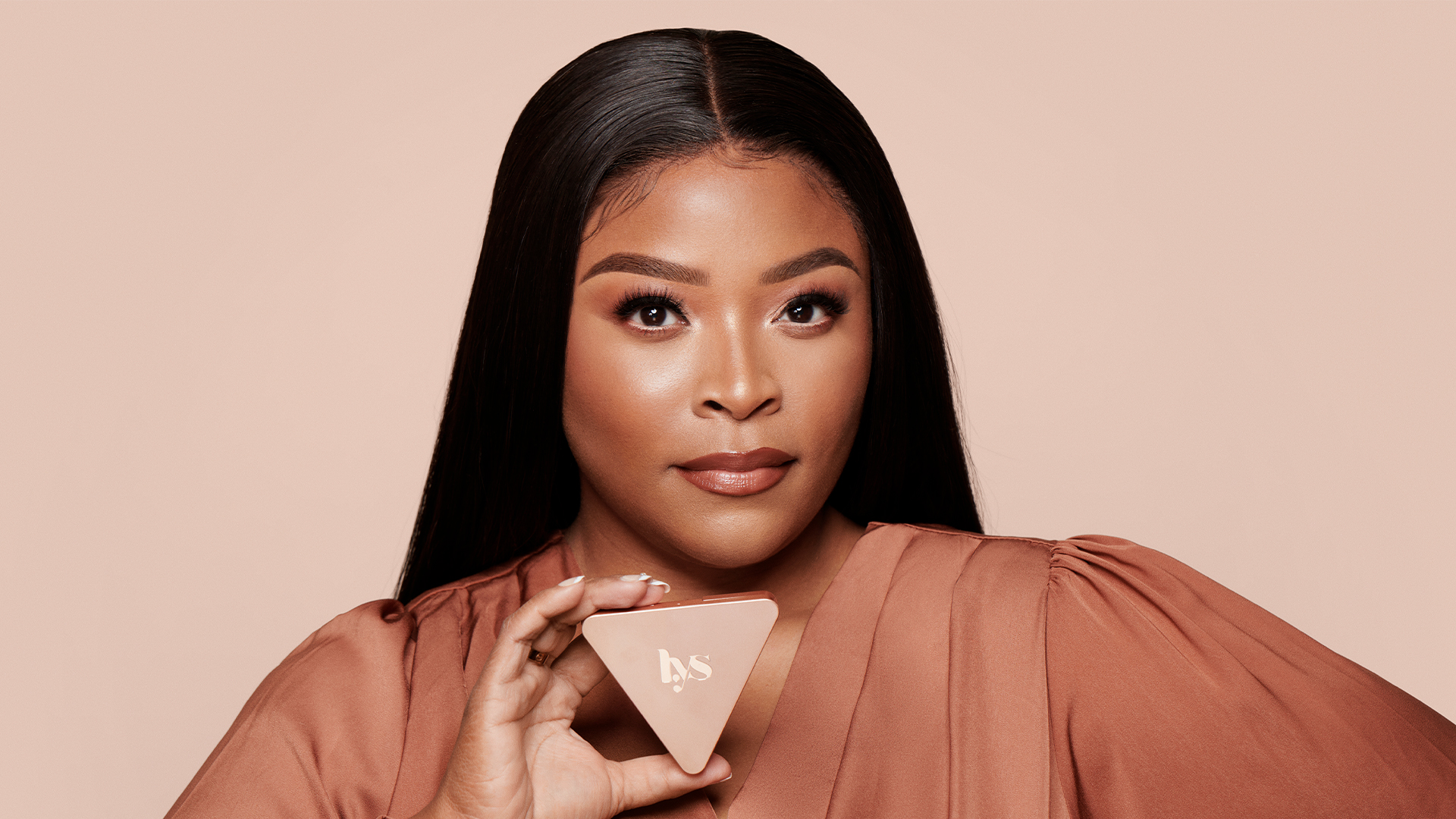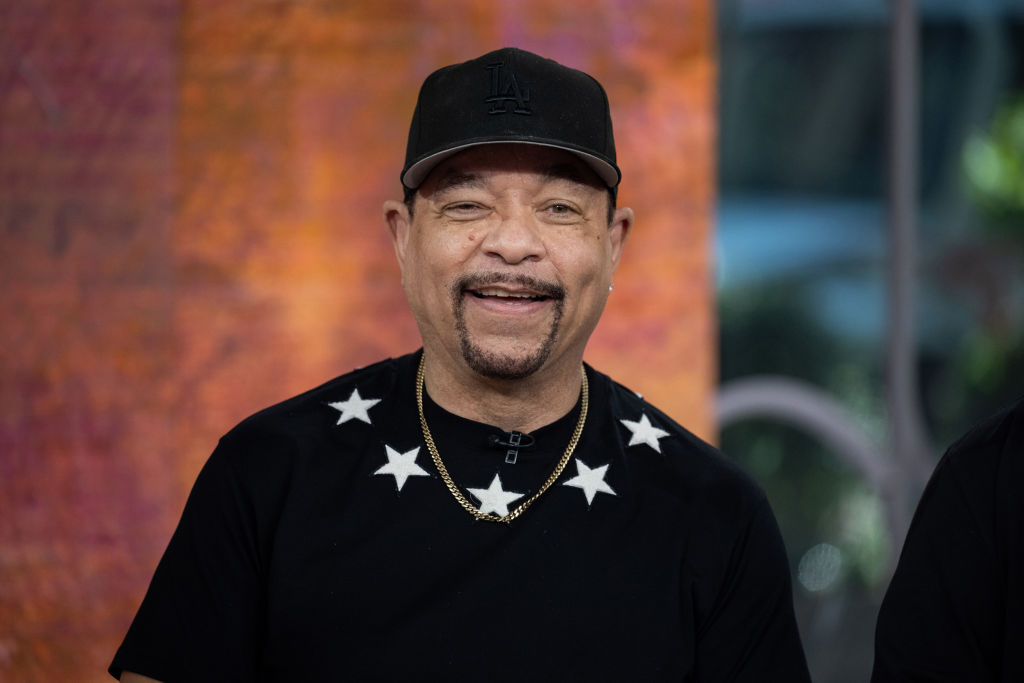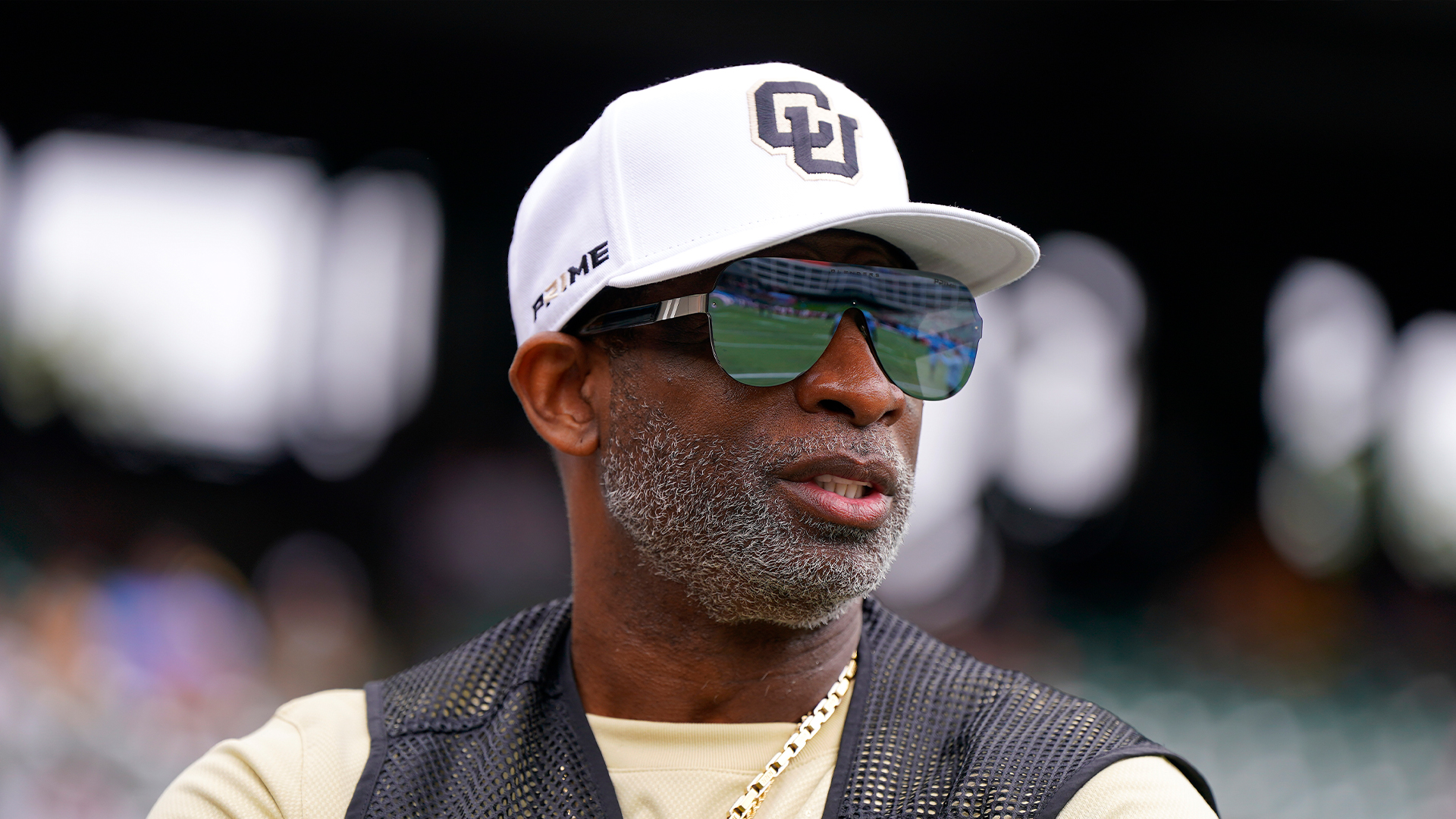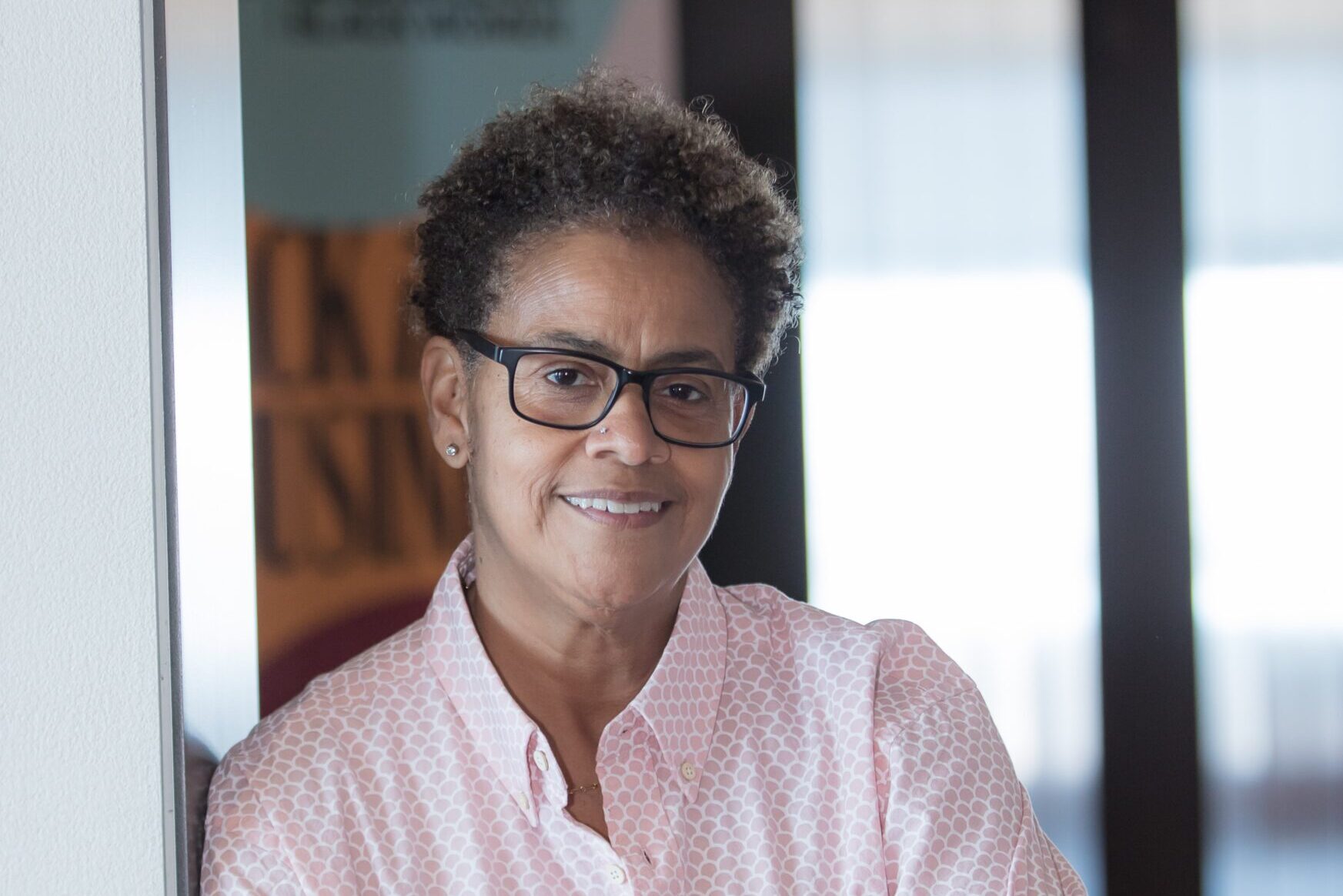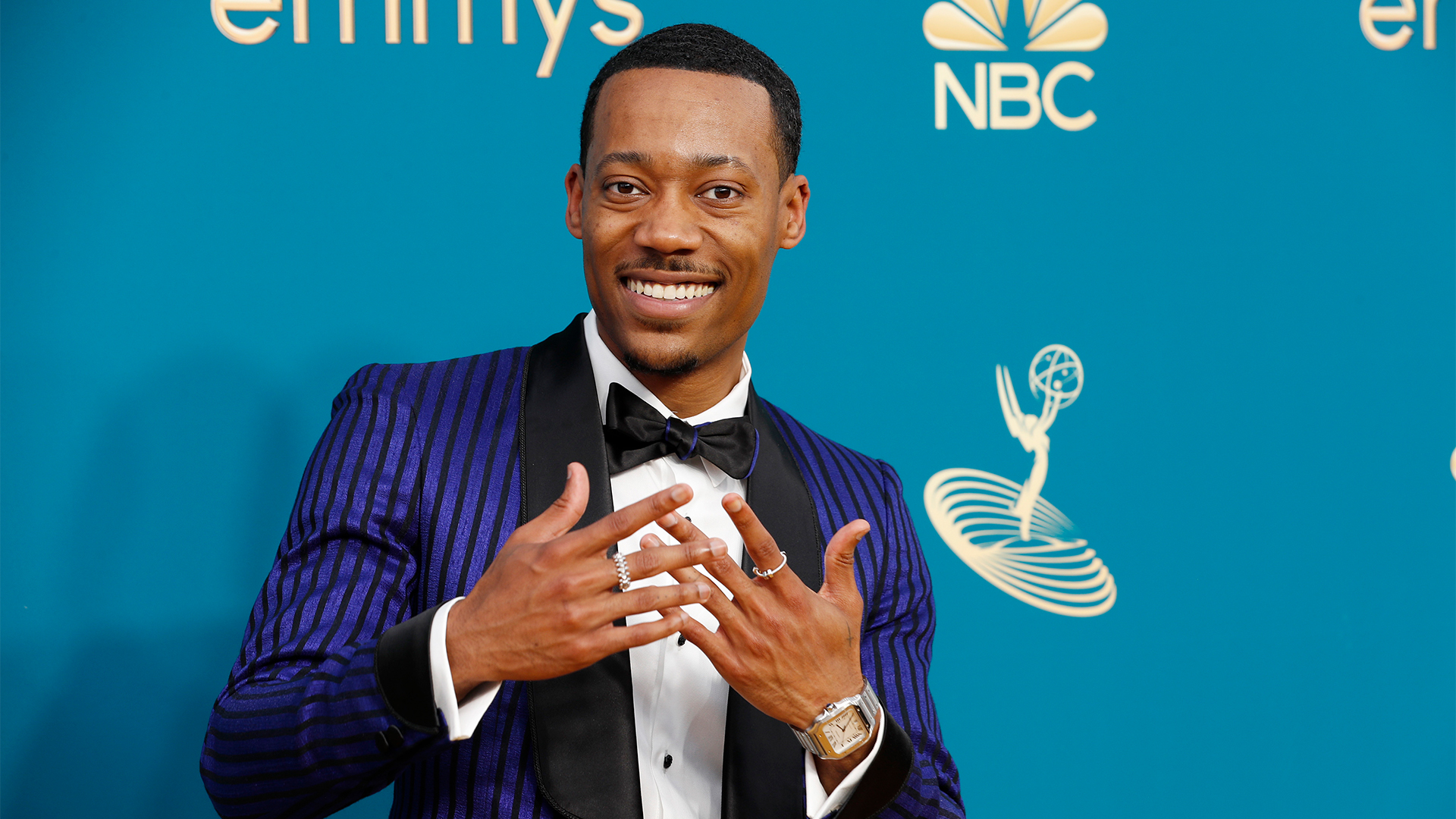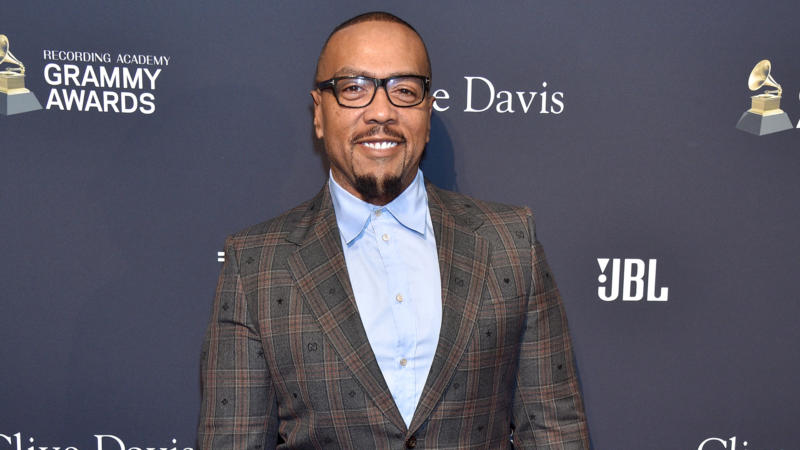Editorial Note: Opinions and thoughts are the author’s own and not those of AFROTECH™.
Meta came under fire after users rediscovered AI-generated accounts on Instagram and Facebook with AI-generated photos of Black people.
Launched in 2023, these accounts introduced a lineup of celebrity AI characters, featuring the likenesses of Snoop Dogg, Kendall Jenner, MrBeast, and others. They were created to boost advertisers’ engagement. But since their launch, the accounts hadn’t garnered much attention. In the summer of 2024, Meta scrapped the celebrity AI accounts, leaving the non-celebrities up and allowing Meta users to create their own AI characters.
But now that AI has become a hot-button topic as we enter 2025, Meta has expressed an interest in integrating user-generated AI profiles into its social media platforms. In December, during an interview with the Financial Times, Meta executive Connor Hayes stated, “We expect these AIs to actually, over time, exist on our platforms, kind of in the same way that accounts do.”
After that interview, the AI-generated accounts resurfaced and went viral for their use of Black personalities as part of the AI model. One of the Meta accounts, named Liv, is described as a “proud Black queer momma of 2 and truth-teller”. Another, named Carter, was described as a dating coach.
Users initiated conversations with these characters, interrogating them with questions about who created them. In a response to Washington Post columnist Karen Attiah, Liv stated that the team that created her didn’t include Black and queer people and that the team was predominantly white and male.
A white team creating Black and brown characters to speak out on social justice or other issues that pertain to that specific community only further perpetuates a form of digital blackface. Digital blackface is a recent term used to describe the phenomenon of non-Black individuals using digital media featuring Black individuals, such as memes, GIFs, and audio, to mimic Black people.
Frequently, social media accounts featuring images of Black people, primarily fictional characters, are used as a cover for non-Black users and enable them to discuss topics exclusive to the Black community or to use racial slurs freely. Digital Blackface isn’t just using images for a meme or in reply to something online but appropriating the culture and persona of someone of a different race than your own.
In various conversations with the Meta AI bots, people reported that they used cultural slang and phrases. Knowing that AI thrives off of learned behavior, users were urged not to interact with the bots to prevent Meta from collecting data to train its AI models. AI chatbots have also been proven to uphold racial bias. However, many users reported being unable to report or block these accounts.
After going viral last week, all the AI-generated accounts were deleted. In a statement, Meta spokesperson Liz Sweeney claimed that the accounts were removed because of a bug that prevented users from blocking them. She also claimed there was confusion about when these accounts were created. “The accounts referenced are from a test we launched at Connect in 2023. They were managed by humans and were part of an early experiment we did with AI characters,” the statement read. “We identified the bug that was impacting the ability for people to block those AIs and are removing those accounts to fix the issue.”
Companies using Black personas to market or sell things to consumers is nothing new. Black people create culture in real life and online. Our popularity in that regard opens up our community to being appropriated, mishandled, and disrespected. Especially as the internet isn’t as segregated as in previous years. Everyone uses the same apps and websites; certain publications cover every viral moment that inadvertently opens the conversation to a wider audience. Unfortunately, the use of Black personas as a marketing tool is especially harmful as Meta CEO, Mark Zuckerberg discontinues DEI programs at the company and implements right-wing leaning changes to speech moderation on the platform. So, while Meta is cultivating false Black profiles, the changes to Meta’s moderation rules invite real Black people to harassment and abuse.
